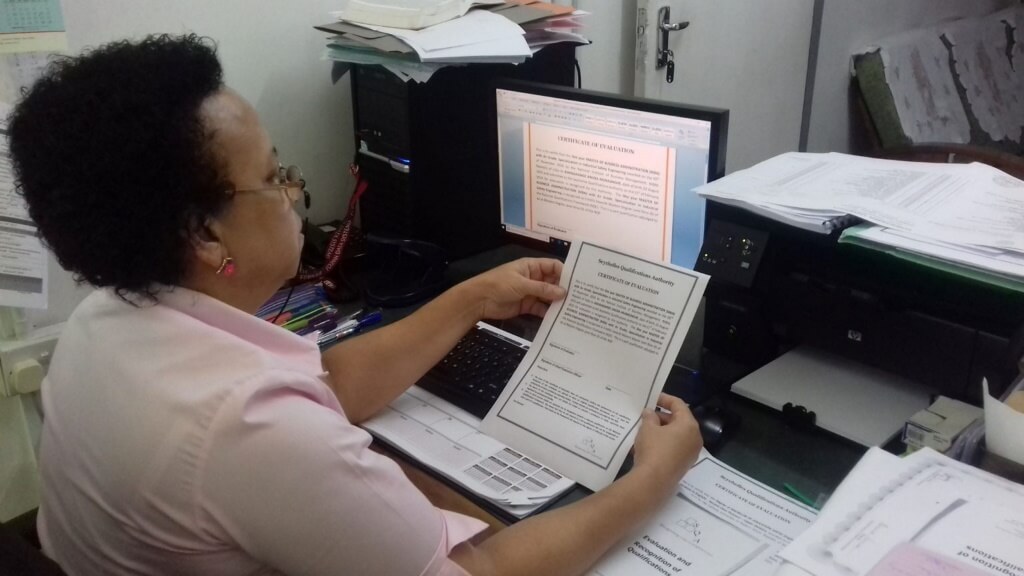By law, as part of the regulations which makes up the National Qualifications Framework (NQF), it is the responsibility of the SQA to establish the equivalence/recognition of qualifications, be they local or foreign.
As the effects of globalization have become more apparent, especially in the form of an increasingly mobile work force and qualifications which purport to be portable, the need to address issues relating to equivalence has becomes more urgent. An increasing number of expatriates entering the country have underlined this need. Additionally, most of the country’s graduates have obtained their higher education from countries with different awarding systems, thus there is always a need to establish the level of some of their qualifications for employment and salary purposes.

On the local front a recent inventory of the existing qualifications revealed that there is an urgent need for rationalization of the post-secondary landscape of qualifications. There is a considerable degree of inconsistency between the length of courses, the level of demand and the level of qualifications. The opportunities for progression from one level of training to another are also rather haphazard or often non-existent. Hence the exercise on which the SQA has embarked to position local qualifications on the framework according to their length in terms of notional hours and their cognitive challenge.
